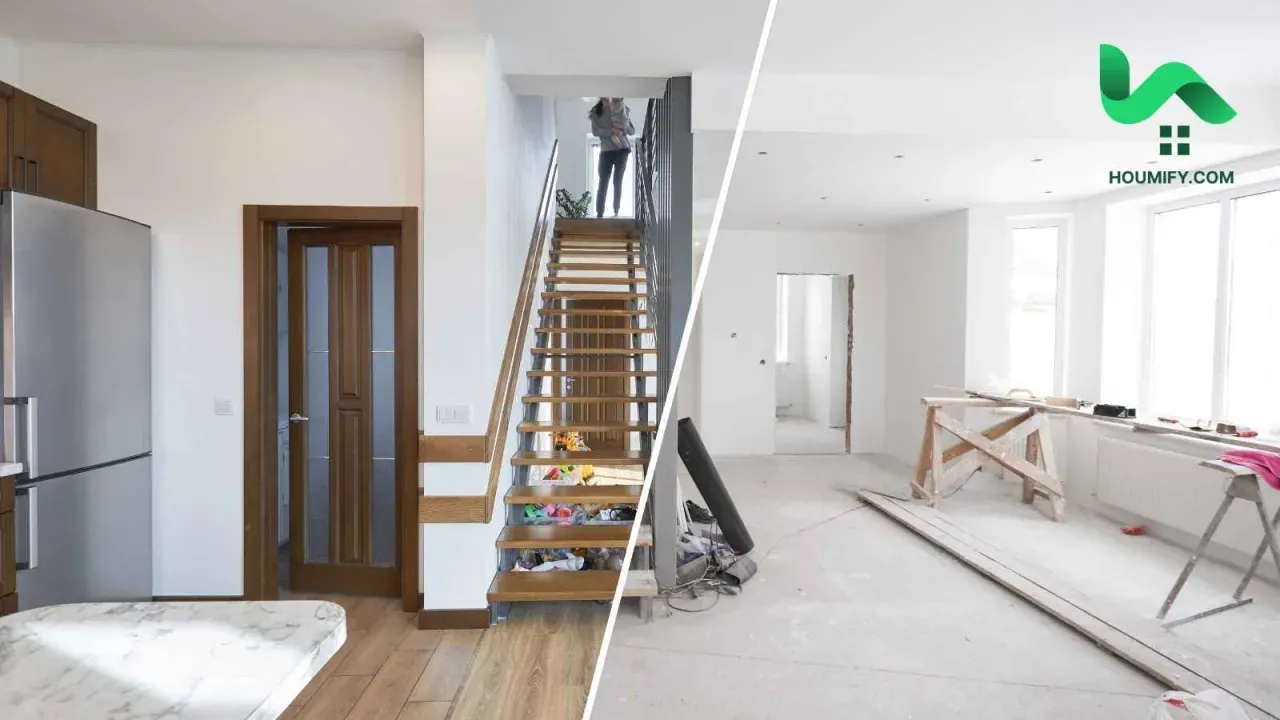Should You DIY or Hire a Pro?: Which projects are best left to professionals.
DIY or Pro? The Decision That Matters
Tackling home projects can be an exciting yet daunting task. With the surge in DIY culture, fueled by countless YouTube tutorials and budget-conscious approaches, the idea of rolling up your sleeves has become increasingly appealing. But is every home improvement task suitable for a DIY attempt? That’s where the dilemma arises: Should you DIY or hire a pro?
This article dives into the pros and cons of DIY vs professional home projects, helping you make informed decisions. You'll learn when it's better to save money with a DIY approach and when hiring a pro for home repairs could save you time, money, and frustration in the long run.
By the end, you’ll have a clear understanding of the factors to consider for your next home project.
Understanding the DIY vs Professional Choice
1. The Appeal of DIY Projects
DIY projects offer the thrill of learning a new skill, saving costs, and achieving a sense of accomplishment. Popular tasks like painting a room or assembling furniture are well-suited for homeowners with basic skills and time on their hands.
However, DIY isn't always a cost-effective solution. The initial savings can be offset by mistakes, wasted materials, or even injuries if the task requires specialized skills.
2. Professional Expertise: When It’s Non-Negotiable
Hiring a professional is crucial for certain tasks where expertise, licensing, or safety concerns come into play. Electrical repairs, structural modifications, and plumbing are examples of jobs best left to certified experts. Mistakes in these areas can lead to costly repairs, legal liabilities, or even health hazards.
Key Factors to Consider
- Complexity of the Task:Can you realistically manage the project without formal training?
- Cost vs Risk:Are the potential risks worth the savings of DIY?
- Time Commitment:Do you have the time and tools to complete the project efficiently?
Which Projects Are Best Suited for DIY?
1. Low-Risk Cosmetic Enhancements
Projects like painting walls, adding wallpaper, or installing shelves are beginner-friendly tasks. These projects don’t typically involve complex tools or safety risks and are forgiving of minor errors.
2. Gardening and Landscaping
Mowing the lawn, planting flowers, or building a small garden path are great opportunities to get creative while saving money. These projects often require minimal investment in tools and yield immediate results.
3. Basic Home Maintenance
Simple maintenance tasks like replacing air filters, cleaning gutters, or fixing squeaky doors are manageable for most homeowners. Tutorials and guides can make these tasks straightforward, even for beginners.

When Should You Hire a Professional?
1. Electrical and Plumbing Repairs
Electricity and plumbing are not only technically challenging but also risky. Faulty wiring can lead to fires, and improper plumbing repairs can result in leaks or water damage. These projects often require permits, which only licensed professionals can obtain.
2. Structural Modifications
Knocking down walls, building extensions, or adding staircases require professional assessments to ensure safety and adherence to building codes. Mistakes in structural work can compromise the integrity of your home.
3. HVAC Installation and Repairs
Heating, ventilation, and air conditioning systems demand intricate knowledge of equipment and regulations. Attempting DIY repairs can lead to inefficiencies or voided warranties.

Optimizing the Decision: DIY or Pro?
1. Assess Your Skill Level
Evaluate your comfort level with tools, instructions, and troubleshooting. Overestimating your skills could lead to costly mistakes.
2. Budget Wisely
DIY might seem cheaper initially, but consider the cost of tools, materials, and time. Factor in the potential expense of fixing mistakes.
3. Prioritize Safety
If a project involves risks like electrical work, gas lines, or heights, it’s better to hire a professional. Safety should always be the top priority.

Conclusion: Making the Right Choice
Choosing between DIY and hiring a professional boils down to balancing cost, skill, and risk. While DIY projects offer a chance to learn and save money, certain tasks demand professional expertise to ensure quality and safety. By carefully assessing each project, you can avoid unnecessary pitfalls and achieve your home improvement goals efficiently.
If you’re unsure about your abilities or a project’s complexity, consult with a pro to weigh your options. Investing in professional help for critical tasks will save you time and effort in the long term.
